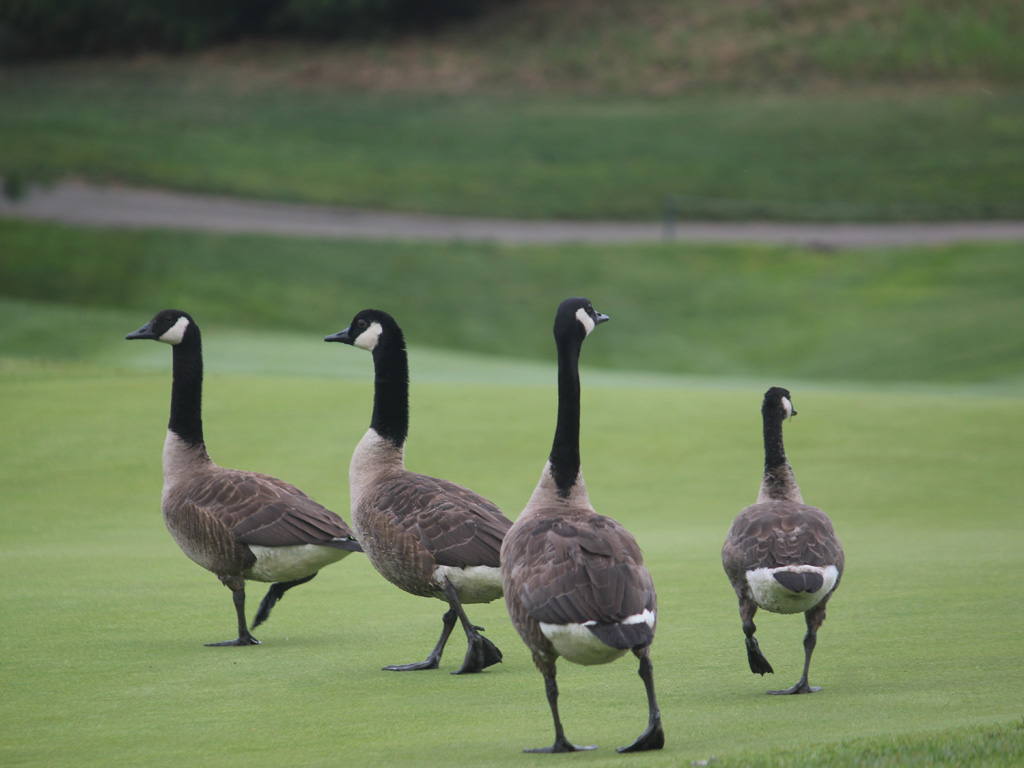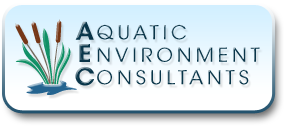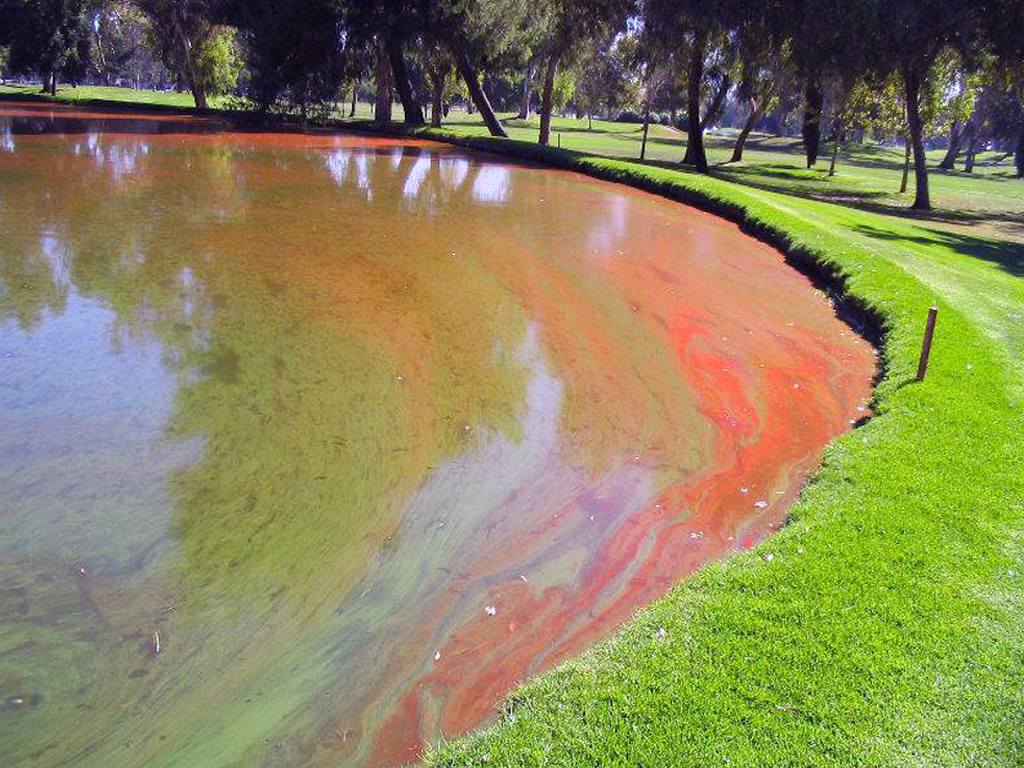
Updated October 30, 2020
The Canada Goose population that resides and migrates here through states like Pennsylvania, Virginia, West Virginia, Delaware, Maryland and the whole Mid-Atlantic as brought a noticeable and measurable impact on our local bodies of waters.
Once thought extinct, the “giant” Canada goose subspecies, scientifically known as Branta canadensis, has become a point of contention in many areas. During the 1930s, an ambitious effort was undertaken to reintroduce a resident population of geese throughout the U.S. after many years of overhunting had dramatically reduced their numbers. Once repopulation efforts were started, the goose population recovered more quickly than expected.
How Are Canada Geese Impacting Ponds and Lakes?
There are three distinct populations of Canada geese that can be found in our area.
- Southern James Bay Canada geese
- Atlantic Canada geese
- “Resident” Canada geese (non-migratory geese)
While both the Southern James Bay geese and Atlantic geese are migratory, it is the non-migratory resident geese population that are causing problems in our local ecosystems and bodies of water. This population of resident Canada geese has skyrocketed in suburban America over the last ten years. The U.S. Fish and Wildlife Service estimates the current national resident goose population at 4 million. At an average annual growth of 10%, 1.2 million new geese will be added to the current population within 3 years.
These birds have found paradise in our parks, golf courses, corporate campuses and waterfront yards where there is nice green grass, water to drink and no predators. The lack of predators and abundance of food near suburban lakes and ponds allows them to lay more eggs and have more goslings that survive to adulthood compared to their migrating cousins. This unimpeded goose population is leaving its mark on lakes, ponds, and properties.
An adult goose will eat somewhere around 4 pounds of grass daily and defecate 2 to 4 pounds a day. That means one goose produces somewhere around 1,000 pounds of manure every year, and they can live for up to 24 years. So when a flock of geese resides on a body of water or property year-round, they are depositing a substantial supply of nutrients that can cause an immense unbalance in the water and overall ecosystem.
What Problems Can Geese Cause in a Pond or Lake?
This unbalance in ponds and lakes can lead to several pond health issues including
- Algae blooms
- Excessive plant growth
- Declining fish populations
- Poor water quality
- Murky water appearances
How to Keep Your Pond Healthy from Geese
If your property is commonly populated by geese, there are several measures you can take to keep geese away and manage the health of your pond
To both manage the current impact of geese and prevent future damage you can try these solutions
- Algae removal: algae removal through mechanical, physical, biological, and material intervention can stop and clear algae blooms.
- Aquatic plant management: excessive plant growth in the water and shoreline can put a pond’s ecosystem into greater unbalance. Proper plant management can help return a pond back to its right balance.
- Geese repellants: similar in concept to pest or bug repellants, there are chemical solutions you can spray to deter geese. One concern with these is the runoff they can cause that can end up in your pond or lake.
- Limit Feeding: Especially in public places like business complexes or municipalities, make sure there are adequate signs discouraging people from feeding geese. Feeding the geese will make them more likely to be residents to that area, and making it hard to remove them.
- Barriers: You can find bird barriers designed for geese to limit and impede their access to a body of water. The goal of the barriers and limiting their access to the water would be to cause them to go elsewhere.
- Dogs: whether using your own bird dogs or finding a specially trained team, one great solution is man’s best friend. A dog or team of dogs can be used to flush and disperse geese from any area, not to mention be a fun day for the dog.
- Egg Addling and Oiling: Oiling is a widely used addling method that has a long record of success. Coating eggs that are young enough to addle humanely with corn oil, will result in stopping air from passing through the shell, preventing the embryo from developing.
Contact AEC for Your Pond Health to Rebound From the Impacts of Geese
Aquatic Environment Consultants can help get your pond or lake back to health following the side effects of Canada Geese. Reach out to the team today for a consultant and a custom action plan for your pond.


2 Comments
True Story
Add Comment